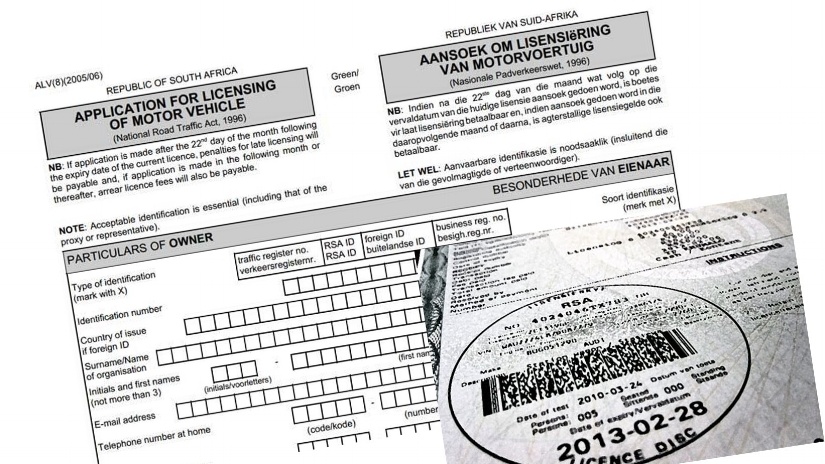
In South Africa, vehicle licences must be renewed annually, and it is up to fleet managers to ensure they keep track of when the licence for each vehicle needs to be renewed. Here's how to manage the licensing for your fleet.
Renewing vehicle licences is just a small part of the massive admin cycle that makes up fleet management. If you lose track of it, however, it can become a very serious problem and end up costing your fleet a fair amount of money.
If planned and administered strategically, this will happen in batches – if your fleet is structured so that new vehicles are added at a certain time each year, you will have a specific ‘licensing period or months’ during which the licences for your entire fleet will be renewed.
In most cases, however, it’s impossible to keep all your licensing dates to a certain month. Due to accidents, breakdowns or any unplanned additions to your fleet, most fleet managers end up with a very haphazard licence renewal calendar. Speak to those in the know, and you’ll find some very creative ways for keeping track of renewal dates that range from large hand-written wall calendars to Outlook or Google reminders. Some of these work well, but most fleet managers will admit that they’ve been caught off-guard more than once.
Why this matters
When it comes to personal vehicles, last-minute licence renewals aren’t a problem as the 21-day grace period is usually enough to make sure you get it sorted. And if you miss that, it’s a once-off late fee (costs determined by the type of vehicle and province).
When it comes to fleet vehicles, however, there is a lot more to consider than a once-off late fee:
- Fleet managers need to time licence renewals so that there is no risk of having unlicensed vehicles on the road. In order to do so, they need to keep in mind the admin time to renew a licence (it’s safe to set aside at least a day), as well as the province in which the vehicle is registered. If you renew the licence for vehicle A in the Western Cape, but that vehicle is currently out on a job in Gauteng, you need to ensure the new licence disc gets to vehicle A on time. This may sound like an easy task, but when you’re running a large fleet with vehicles based in different parts of the country, it can become a logistical nightmare.
- It’s illegal to have vehicles on the road without a valid licence, so the chances are that your company policy prohibits this.
- If you’re running a large fleet, the amount paid in late renewal fines can add up to a hefty sum over time.
Unscheduled downtime
f you miss the mark and fail to renew your fleet licences in time (including the grace period), you’re probably looking at unscheduled downtime until the licence is renewed. Every fleet manager knows that this can have huge cost (and company reputation) implications. You NEVER want a client phoning to say that they’re sitting with one of your vehicles and the licence has expired. In worst-case scenarios fleet managers have been forced to rent vehicles to avoid scheduling gaps.
The best advice
Smaller fleets can still manage with a manual office system if it’s managed like clockwork but these days, an automated system is the only foolproof solution to managing the admin on large fleets – including vehicle licence renewals.
With larger fleets, however, most fleet managers and businesses don’t want to run the risk of ending up in any of the situations mentioned above. By partnering with experienced fleet management companies, these businesses ensure all their licensing admin is automated and there is no risk of a date or vehicle being overlooked.